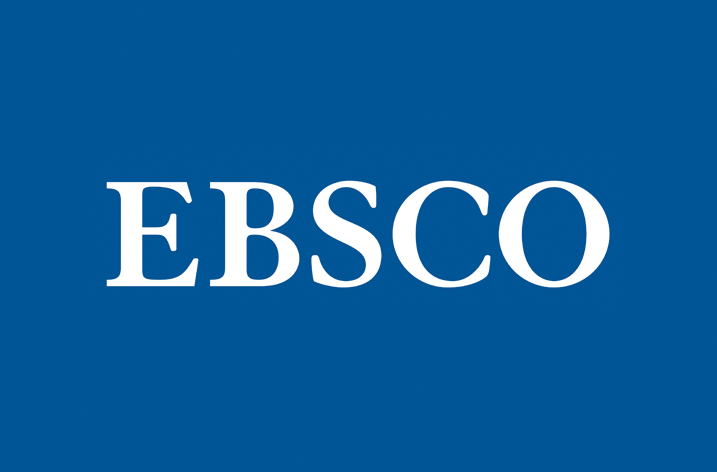
eLife, together with the non-profit Collaborative Knowledge Foundation (Coko), open-access publisher Hindawi Limited and digital consultancy Digirati, has today announced a new formal partnership to develop the latest version of Libero.
Community-driven and open-source, Libero is a platform of services and applications that help content providers do more with everything they publish. The software presents content in a responsive online format that is easy to access and inviting to read on any device, and is straightforward to integrate with other services that enhance the reader’s interaction with published literature.
Libero was originally developed by the non-profit eLife, which aims to help scientists accelerate discovery by operating a platform for research communication that encourages and recognises the most responsible behaviours in science. To facilitate adoption of Libero as a platform by other organisations and expand a high-quality, open infrastructure as an alternative to proprietary systems, eLife, Coko, Hindawi and Digirati have created this partnership.
Paul Shannon, eLife Head of Technology, says: “Since the beginning of its development in 2015, Libero, formerly known as Continuum, has evolved from an enabler of innovation for eLife’s own journal to a more reusable and modern platform for publishing. Now, seeing the need for an even more adaptable iteration of Libero, we decided to kick-start a new version that would be developed in close concert with the community to help encourage its adoption further down the line.”
The community will contribute to the ongoing, long-term development of the platform, and came together to plan the project during eLife’s inaugural Libero Sprint this summer. Paul Mollahan, Services Director at Digirati, says: “During Libero’s evolution, it became more and more clear that listening to the community is important. Together with eLife, we thought it would be beneficial for everyone who intends to work on Libero to reserve a couple of weeks in the summer so we could all get started on it at the same time, and we’re thrilled at the collaboration and progress that’s already been made as a community from the resulting Libero Sprint.”
The event included discussions of how the community, and the various components that make up the Libero platform, will be governed as the software is developed. “We agreed that the project would be led through a well-established model for open-source software governance, known as a benevolent dictatorship,” Shannon explains. He was joined at the Libero Sprint by colleagues from eLife, along with attendees from Digirati, Coko, Hindawi and the Royal Society of Chemistry.
“Under the benevolent dictatorship model, eLife assumes the role of project lead,” Shannon explains. “However, to ensure others have a way to influence us in this role, we decided to support this model with the formation of a steering group and collective commitment to a Memorandum of Understanding.”
The MoU describes the way in which eLife, Coko, Hindawi and Digirati will work together to ensure the Libero platform fulfils its purpose for the community. Its terms encompass the development, test and launch of the reusable open-source components of Libero. These components will be made available under an open-source MIT licence as they are developed, with the intention of expanding the community of collaborating organisations that are actively contributing to the project.
“John Baker, Founder of Digirati, says: “We are deeply committed to a community-driven approach to software development and the creation of sector-wide open infrastructure. No sector is more ripe to experience the benefits at this current time than academic journal publishing, so we are very excited to have the opportunity to be a part of this initiative.”
Kristen Ratan, Co-Founder of Coko, says: “We’re delighted to have formally committed to developing a community-led version of Libero. By integrating a web-delivery tool like Libero with Coko’s xPub manuscript submission and peer-review platform, we will now have an end-to-end open-source solution for journal publishing.”
Andrew Smeall, Chief Digital Officer at Hindawi, adds: “Our organisations are aligned behind a vision for research communication where the content and underlying technology are fully open, and this project is another great step towards achieving that vision. Open-source technology has the potential to harmonise basic services, such as content delivery, and encourage new approaches to doing more to support discovery and the wide use of new knowledge, and we can’t wait to see the latest version of Libero released into this ecosystem.”
In parallel with Libero, eLife, Coko, Hindawi and others are working together to build xPub – a user-driven, open-source platform that will help streamline communications between authors, editors and reviewers at all stages of the submission and review process. eLife, Coko and Hindawi in particular share a commitment to building a holistic, open-source infrastructure for improving the efficiency and effectiveness of research communication.























